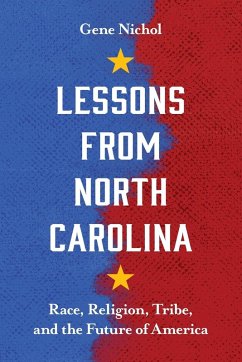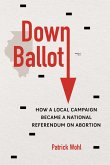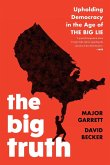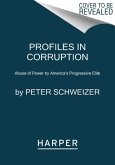"North Carolina had a big, unfortunate headstart on now-common attacks on democratic institutions-the lessons learned as NC makes its way out of the chaos can benefit other states. Attacks from the radical right will plague the entire nation for the foreseeable future, and now is the time to seek out the causes and find the path to remedy them. In his most personal book yet, Indecent Assembly author Gene Nichol, takes on, unsurprisingly, race, religion, poverty, higher education, constitutionalism, movement politics, the meaning of North Carolina proper. He forecasts the future of democratic promise in the state, the South, and the United States. This book is not reportage, but rather a cri de coeur, with inspiration and aspiration for the next generation"--
Hinweis: Dieser Artikel kann nur an eine deutsche Lieferadresse ausgeliefert werden.
Hinweis: Dieser Artikel kann nur an eine deutsche Lieferadresse ausgeliefert werden.









